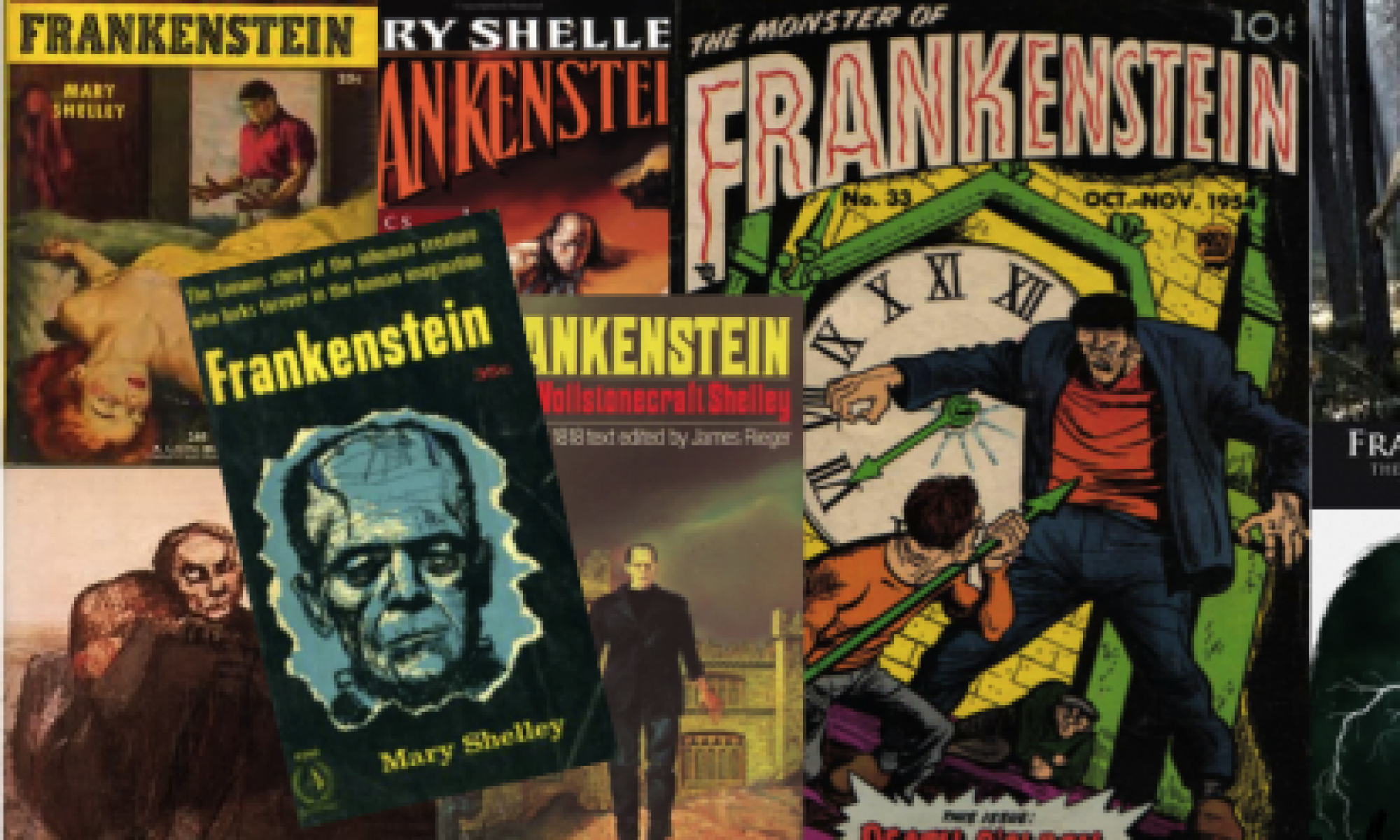Character development is generally regarded as one of (if not the) the most essential aspects to writing a believable character. Strangely enough, Daniel Defoe’s attempt at creating a believable story includes basically none of this.
After saving Friday’s father and the Spaniard, Crusoe internally remarks his famous quote which begins “My island was now peopled, and I thought my self very rich in Subjects; and it was a merry Reflection which I frequently made, How like a King I look’d.” (250) This paragraph was such an immaculate distillation of Crusoe’s character that it was gut-wrenching on a personal level to read. It flawlessly shows Defoe’s commitment to keeping his writing of Crusoe’s character integriful (read as in consistent/unwavering, instead of ‘moral’). After twenty-four years of perfect isolation, Crusoe’s first thoughts in regards to how he feels about his new associates is to akin himself to a king presiding over his subjects and that “they all owed their Lives to me.” Of course, this is of no fault of Defoe’s storytelling capabilities, as the concept of character development was most certainly not in existence during his era. Nevertheless, Crusoe’s inability to achieve basic character development after the many trials and hardships he had endured reminded me of undergoing a Sisyphean task. As a modern reader who always assumed character development was a given, this threw my perspective of Crusoe as a protagonist into an absurdist light.
With this interpretation, Crusoe becomes comparable to a force of nature, similar to the ones that cast him upon the island so many years ago. In this way, Crusoe is not a “possibility” to the people and places he encounters, but is instead an “inevitability.” He cares not so much that he has been reunited with people, but that his island has been “peopled.” Crusoe is an equation that, given an input, derives an output. If there is an ocean, he will sail it. If there is a predicament, he will conquer it. If there is are subordinates, he will subject them. In the context of the novel as a whole, this interpretation still makes sense. He places little inherent value in family, and his actions continually contradict the moral and religious values he spends dozens of pages contemplating. In addition, it would explain his thirst for sailing long after his series of shipwrecks and lost crews.
On a shorter note, this interpretation of Crusoe as an absurdist force of nature could explain his short role in John Coetzee’s Foe. In my previous paragraph, I described Crusoe as something that “happens” to others. This could be what happens to Susan Barton during her visit to Crusoe’s island. Her encounter with Crusoe, along with her stay on the island, “Crusoeifies” her to the point where Foe hires actors to attempt to bring her back into reality.
While I understand that Defoe certainly never wrote Robinson Crusoe to be interpreted in such a manner, my condition of taking character development for granted compels me to understand it as such. Still, I am unsure if this is an inherent value of the novel using a single narrator, as calling Crusoe’s psyche into question from any angle tends to thrust the entire narrative into a falling house of cards that could settle into any shape the questioner desires. You could even interpret Coetzee’s adaptation as a direct response to this phenomenon.
